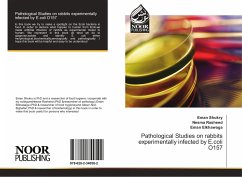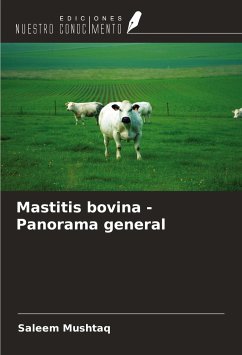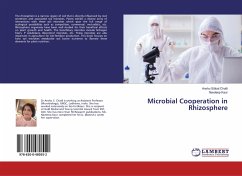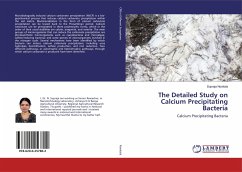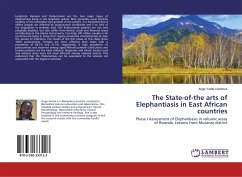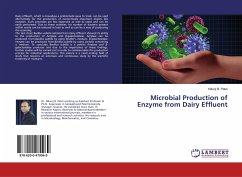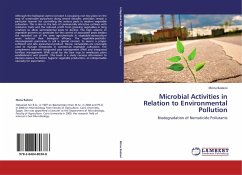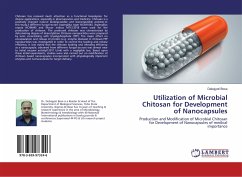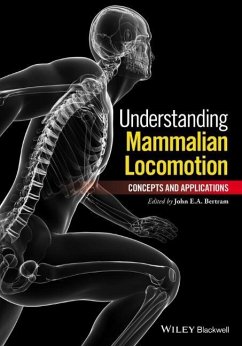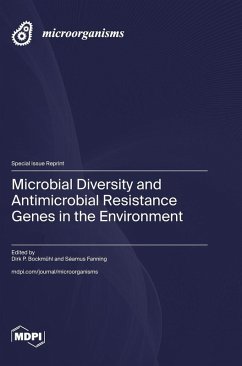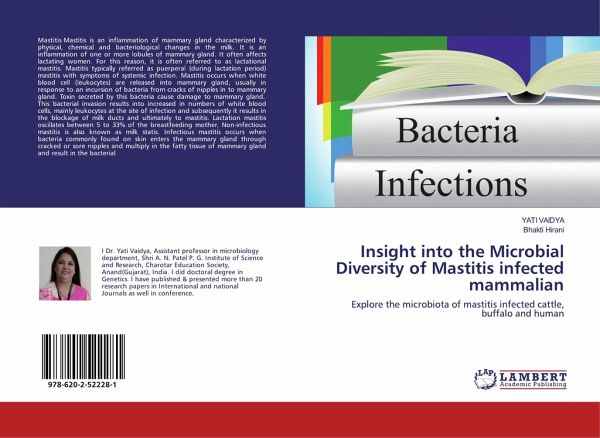
Insight into the Microbial Diversity of Mastitis infected mammalian
Explore the microbiota of mastitis infected cattle, buffalo and human
Versandkostenfrei!
Versandfertig in 1-2 Wochen
26,99 €
inkl. MwSt.

PAYBACK Punkte
13 °P sammeln!
Mastitis Mastitis is an inflammation of mammary gland characterized by physical, chemical and bacteriological changes in the milk. It is an inflammation of one or more lobules of mammary gland. It often affects lactating women. For this reason, it is often referred to as lactational mastitis. Mastitis typically referred as puerperal (during lactation period) mastitis with symptoms of systemic infection. Mastitis occurs when white blood cell (leukocytes) are released into mammary gland, usually in response to an incursion of bacteria from cracks of nipples in to mammary gland. Toxin secreted by...
Mastitis Mastitis is an inflammation of mammary gland characterized by physical, chemical and bacteriological changes in the milk. It is an inflammation of one or more lobules of mammary gland. It often affects lactating women. For this reason, it is often referred to as lactational mastitis. Mastitis typically referred as puerperal (during lactation period) mastitis with symptoms of systemic infection. Mastitis occurs when white blood cell (leukocytes) are released into mammary gland, usually in response to an incursion of bacteria from cracks of nipples in to mammary gland. Toxin secreted by this bacteria cause damage to mammary gland. This bacterial invasion results into increased in numbers of white blood cells, mainly leukocytes at the site of infection and subsequently it results in the blockage of milk ducts and ultimately to mastitis. Lactation mastitis oscillates between 5 to 33% of the breastfeeding mother. Non-infectious mastitis is also known as milk statis. Infectious mastitis occurs when bacteria commonly found on skin enters the mammary gland through cracked or sore nipples and multiply in the fatty tissue of mammary gland and result in the bacterial



